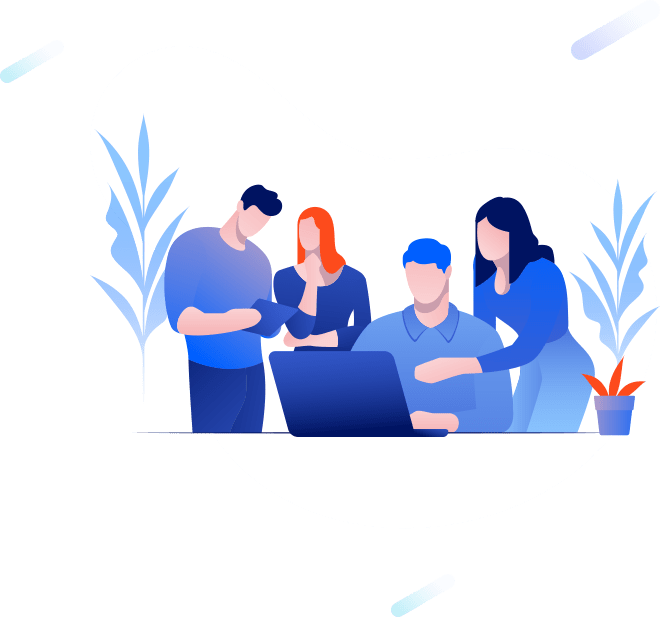Our Process
- Home
- Our Process
how to get started
Few Steps For Awarding Bodies

01

Standards
Development
Establishing criteria and benchmarks for accreditation, validation, or certification.

02

Assessment and Evaluation
Conducting evaluations or examinations to measure compliance or proficiency.
03

Accreditation, Validation,
or Certification
Granting accreditation, validation, or certification to entities or individuals meeting the standards.
What is Socratic Method?
The Socratic Method, attributed to the renowned philosopher Socrates, functions as a dynamic pedagogical approach that propels learners into a realm of profound intellectual exploration, characterized by an intricate web of probing questions, reflective dialogue, and dialectical reasoning, all aimed at nurturing a deep understanding of complex concepts and fostering critical thinking skills indispensable for navigating the complexities of the modern world. This method, deeply rooted in the belief that genuine comprehension emerges from active engagement and relentless scrutiny of ideas, not only cultivates a spirit of intellectual curiosity and independent thought but also instills in individuals a lifelong commitment to rigorous inquiry, thereby shaping them into astute and discerning scholars capable of unraveling the intricacies of the human experience.

What is PBL?
Problem-Based Learning (PBL) is an innovative educational methodology in which students, guided by facilitators, explore complex, authentic problems, enabling them to develop not only subject-specific knowledge but also critical thinking, problem-solving, communication, and collaboration skills essential for success in diverse academic and professional contexts.
PBL encourages students to tackle real-world problems, fostering collaboration and critical thinking skills through hands-on, inquiry-based learning experiences.

What is Flipped Classroom?
The Flipped Classroom model, a pedagogical approach revolutionizing traditional teaching paradigms, involves the inversion of typical instructional methods, compelling students to consume course content independently outside of class through multimedia resources, such as pre-recorded lectures or readings, thereby liberating valuable in-class time for collaborative activities, dynamic discussions, and hands-on application of concepts, all facilitated by the teacher, fostering deeper engagement, critical thinking, and enhanced learning outcomes.

What is Gamification Method?
The Gamification Method represents a dynamic pedagogical approach that strategically integrates elements of game design, including challenges, rewards, competition, and progression systems, into non-game environments such as educational settings or corporate training programs, aiming to captivate learners’ interest, stimulate intrinsic motivation, foster active participation, and ultimately enhance retention and application of knowledge and skills.

What is Cooperative Learning?
Cooperative Learning is a collaborative instructional approach that organizes students into small, heterogeneous groups to work together towards common learning goals, fostering positive interdependence, individual accountability, social skills development, and the sharing of diverse perspectives, thereby promoting deeper understanding, critical thinking, and mutual support within an inclusive and participatory classroom environment.

What is Experiential Learning?
Experiential Learning is an educational philosophy and methodology centered around the idea that learners acquire knowledge and skills most effectively through direct experiences, reflection, and active engagement with real-world situations, rather than solely through passive reception of information or instruction.


